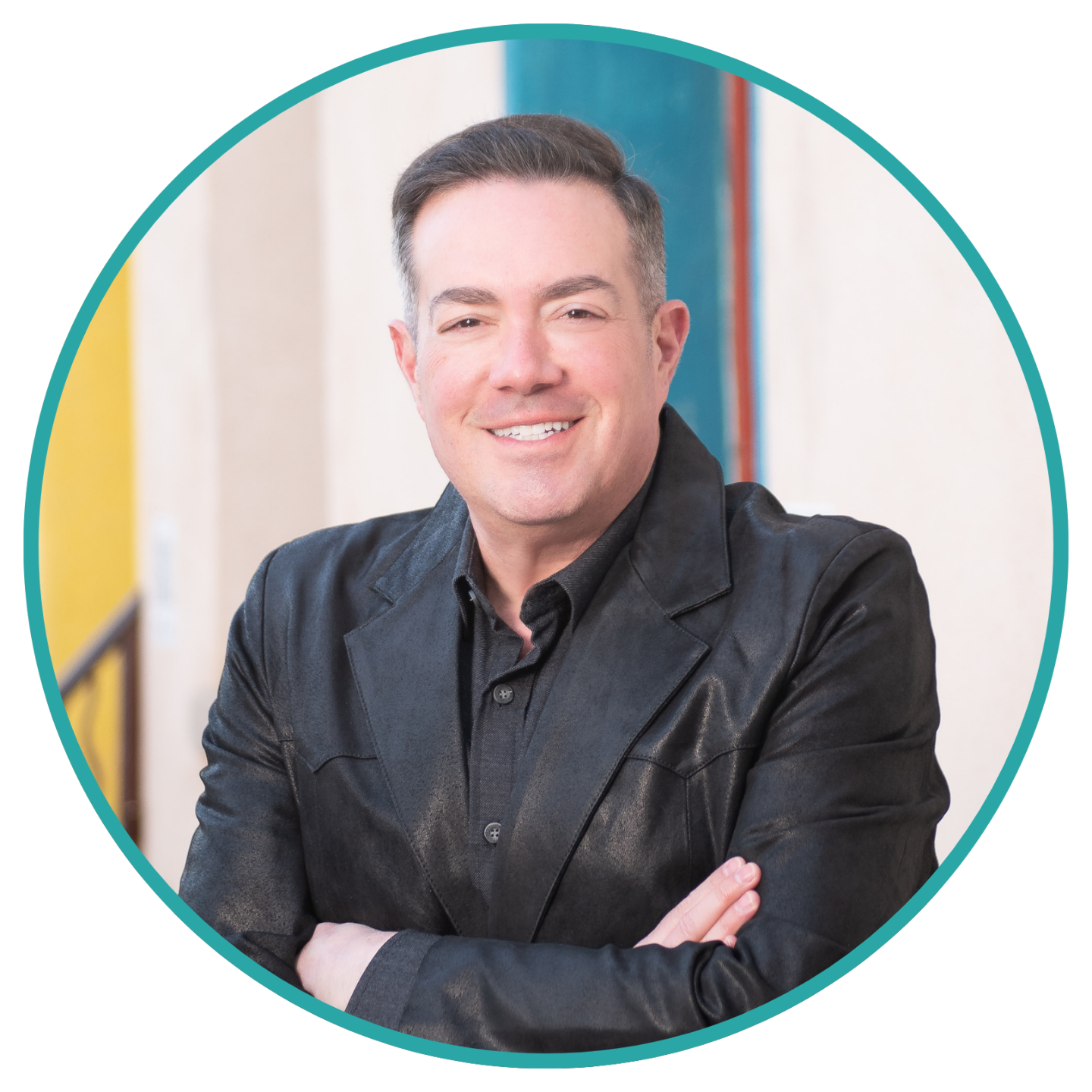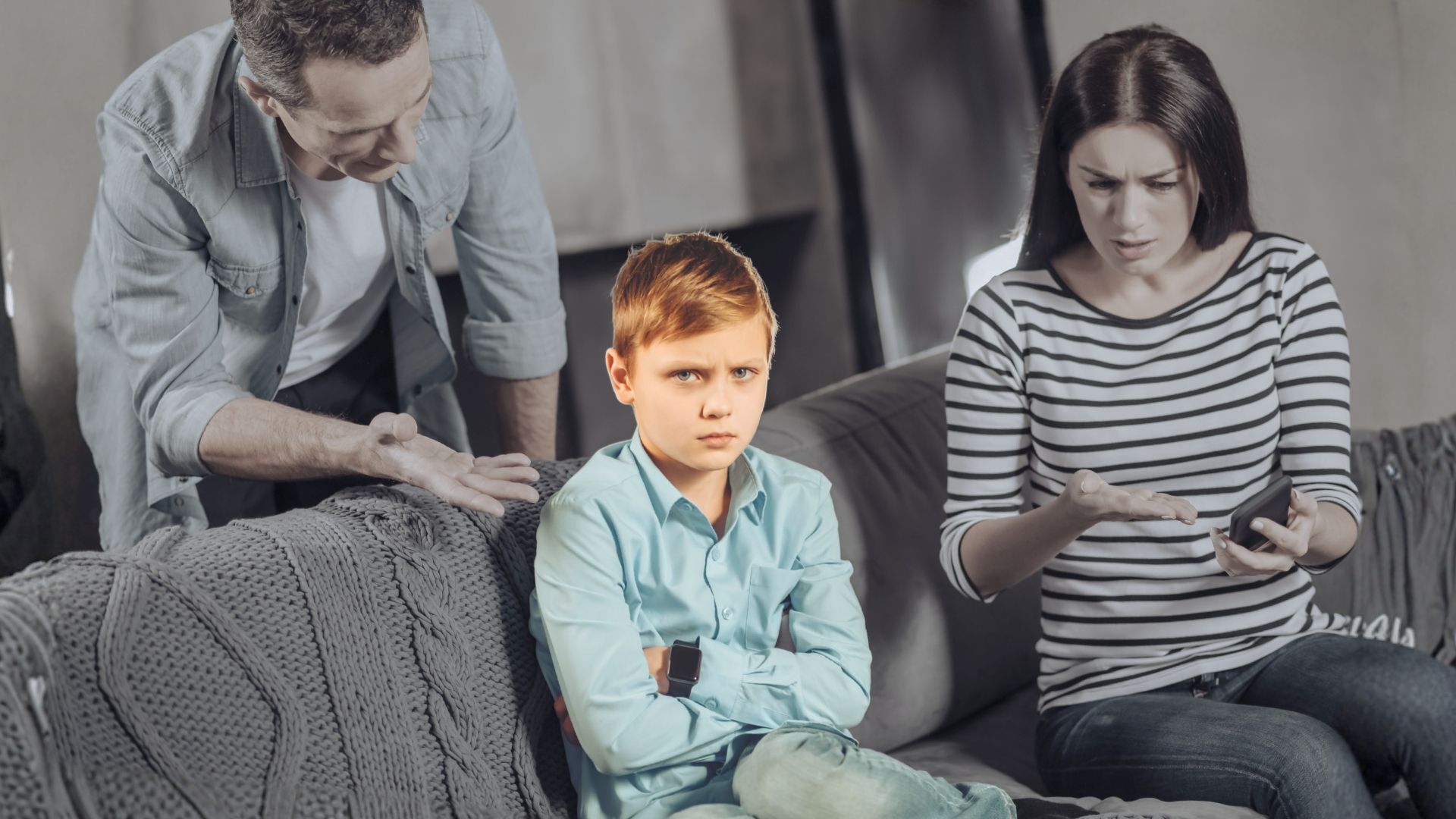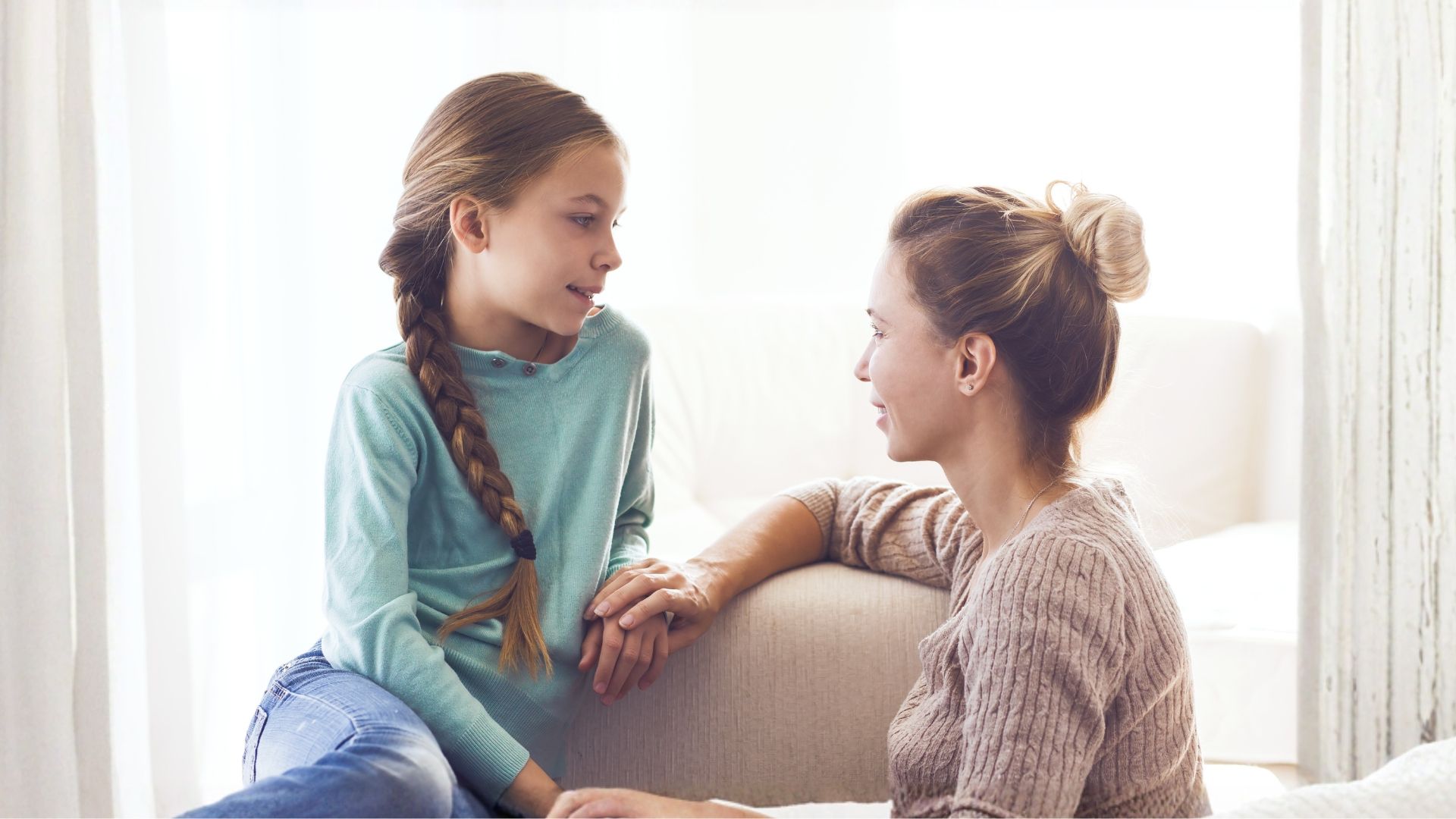Understanding ADHD Child Outbursts and How to Respond with Calm Authority | Ryan Wexelblatt, LCSW, ADHD Dude

When my son was younger, I often personalized his emotional dysregulation. The yelling, the destruction, the defiance all felt personal.
Like many fathers, I often felt that not giving a punishment for his behavior was somehow giving him a “pass”, as if I were condoning the behavior. Then his psychiatrist told me something that helped me to stop personalizing his behavior and stop responding with punishments (which never worked anyway). She said, "A child who struggles with emotional regulation or flexibility is never excused from treating people in their family poorly.
She was not being harsh. She was being honest. It was the perspective I needed to stop taking my son's behavior so personally and start responding calmly and effectively. I had to learn how to use affective calmness, in order not to personalize his behavior.
Why ADHD Child's Outbursts Happen
Children with ADHD often struggle with cognitive flexibility, one of the core executive function skills that is poorly understood and rarely discussed. As a result, they often get “stuck” when they do not get their way. Additionally, many children with ADHD have a strong sense of justice, and when they perceive something as being unfair, they think they have been wronged, leading to impulsive actions or lashing out. Their brains react faster than they can process, and once emotions take over, reasoning and problem-solving skills shut down.
When we see an outburst, we are really seeing a child whose brain is overwhelmed by emotion, often because they are “stuck”. When I use the term stuck I'm referring to cognitive flexibility, one of the core executive function skills that is rarely discussed and poorly understood. Cognitive flexibility encompasses the ability to be adaptable and to work cooperatively with others. When outbursts are directed at you or result in stressful behaviors, their reaction can feel deeply personal when you are the target.
Understanding that distinction helps parents transition from reacting emotionally to a state of calmness and responding with calm authority.
Responding With Calm Authority
In Capable & Confident (ages 4–7) and Scaffolding Better Behavior (ages 8–17), I teach parents how to respond in a way that strikes a balance between empathy and accountability.
You can say something like: "I know you are angry that you cannot have what you want, and it is not okay to speak to me this way. How about you take a brain break and return when your brain feels calmer.
This approach does three essential things:
- It validates what your child is feeling without excusing the behavior.
- It sets a clear, calm boundary without shame or escalation.
- It invites your child back when they are more regulated.
This is how emotional regulation is taught. It is not taught by demanding calm or by asking a child to verbalize their feelings during a meltdown. It is taught by modeling calm authority and showing a clear path back to self-control.
These same principles apply when outbursts turn more intense; handling emotional outbursts and aggression in ADHD kids without losing control starts with the same calm authority you practice here.
Why Empathy Alone Is Not Enough
Many parenting messages online encourage parents to be more understanding and empathetic.. While empathy matters, understanding and empathy alone do not teach emotional regulation or accountability.
When parents absorb their child's emotional storms without setting boundaries, they unintentionally teach the message that how I feel matters more than how I treat people. That belief can last into adulthood, particularly for some individuals with ADHD.
I hear from mothers of adult children and partners of adults with ADHD who describe the same struggle:
- "My 27-year-old daughter treats me poorly, and when I set a boundary, she acts like I am the bad guy."
- "My 41-year-old husband lashes out when frustrated and then moves on like nothing happened."
- "I feel like I am constantly walking on eggshells around my 21-year-old son."
Kids who are prone to emotional dysregulation need to learn that having ADHD does not justify mistreating others.
Teaching Emotional Accountability
Kids with ADHD can learn to manage outbursts when parents combine structure, empathy, and boundaries. The goal is not to eliminate emotions but to teach children how to express them respectfully.
If you want to learn how to build these systems step by step, explore Capable & Confident (ages 4–7), Scaffolding Better Behavior (ages 8–17), and Creating Daily Expectations. These programs help families transition from reactivity to a structured approach that works for kids with ADHD.\
Your ADHD child's outbursts are not personal. They are signs of lagging and inconsistent use of executive function skills that require your calm leadership, clear communication, and expectations for behavior, not lengthy emotional processing or learning “coping tools." This is why talk therapy is not an evidence-based recommended treatment for children with ADHD from the American Academy of Pediatrics..
Combining empathy with consistent boundaries, you teach your child that emotions are valid but never an excuse to mistreat others. This balance helps kids grow into respectful, emotionally grounded adults.
If this message resonates with you and you want to learn how to set calm, effective boundaries without guilt or power struggles, visit ADHDDude.com to begin your evidence-informed parent training today.
You can learn to lead with calm authority and help your child develop emotional regulation skills.
FAQ:
Q: Why do my child's outbursts feel so personal?
A: When your child yells, blames, or lashes out, it often feels like they're attacking you. In reality, these behaviors usually come from emotional dysregulation—your child's brain is overwhelmed and unable to pause before reacting. Understanding that difference helps you stay calm and respond as a leader, not a target.
Q: Does understanding that it's "neurological" mean I should excuse the behavior?
A: No. Empathy doesn't mean allowing disrespect or chaos. Recognizing the neurological piece helps you respond without anger, but your child still needs clear boundaries. Kids need to learn that big feelings never justify mistreating others.
Q: How can I stop reacting emotionally when my child explodes?
A: The most effective approach is to prepare phrases and responses in advance. For example, you might calmly say, "I know you're angry, and it's not okay to speak to me that way." Practicing this ahead of time helps you respond with consistency instead of reacting from emotion.
Q: What if empathy alone isn't working?
A: Empathy helps your child feel understood, but can't replace accountability. When parents validate their children's feelings and enforce structure, kids develop emotional regulation skills. Without both pieces, outbursts often continue because the child learns that strong emotions change the rules.
Q: How can I learn to stay calm and handle these moments better?
A: Staying calm under pressure is a skill you can build. For step-by-step strategies, read Handling Emotional Outbursts and Aggression in ADHD Kids Without Losing Control. It walks you through how to stay composed, set limits, and reduce escalation over time.










